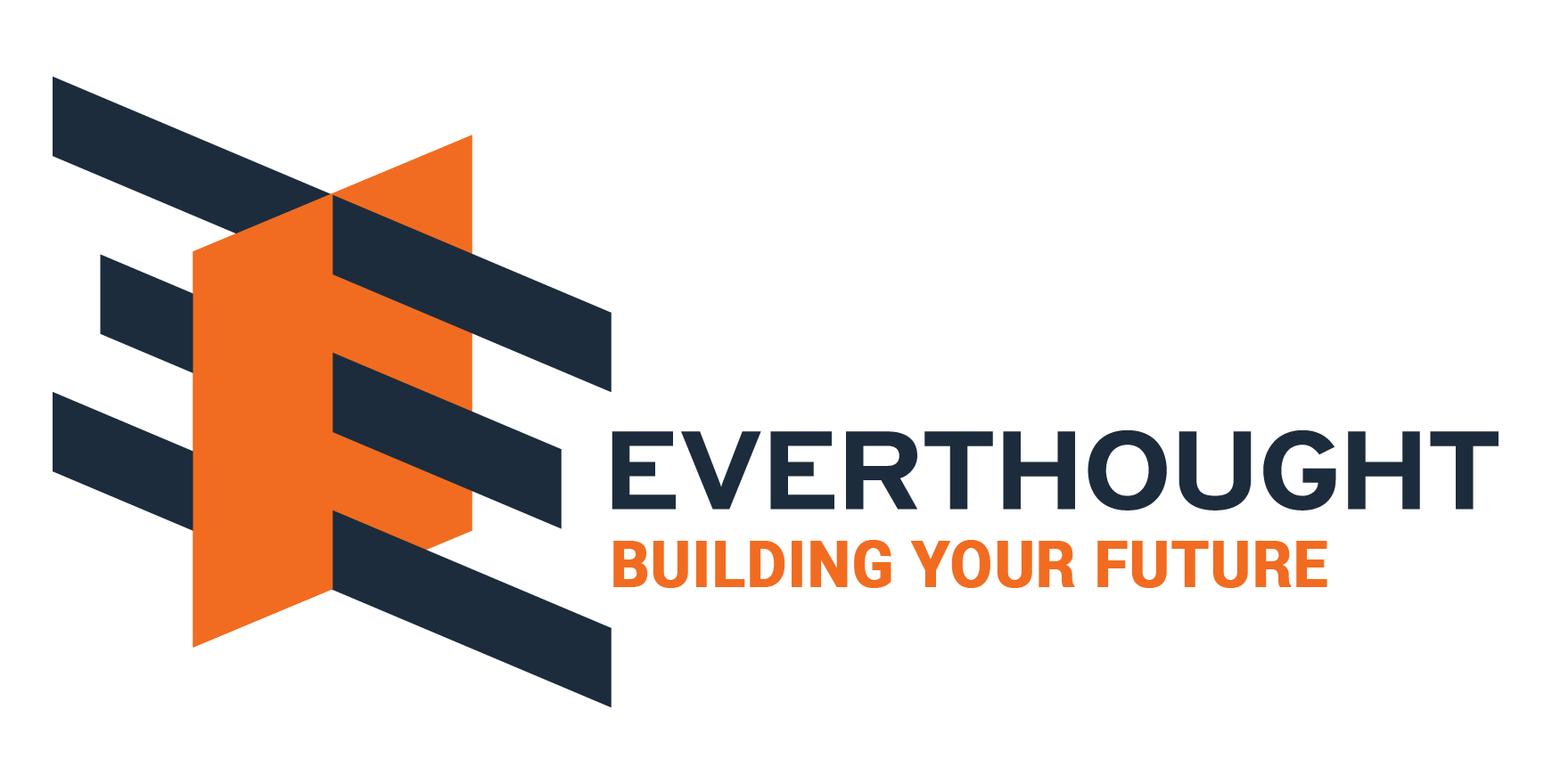Discover the world of building inspection, where you’ll be a vigilant inspector that ensures safety in high-quality structures. Through assessments, you’ll be able to prevent hazards and improve construction reliability. You’ll also educate, safeguard against danger, and contribute to sustainable buildings.
Education will equip you with skills, while ongoing learning ensures excellence. Proficiency in codes, effective communication, and problem-solving are examples of this. Additionally, inspections will require preparation, tools, and your capability to identify defects and hazards. Meanwhile, career growth opportunities abound through networking, specialisation, and exploring roles.
Embrace growth, learn continuously, and adapt as a respected building inspector.
Understanding the Role and Importance of Building Inspectors
Exploring the Vital Function of Building Inspectors
When it comes to the intricate world of construction, building inspectors serve as ever-watchful guardians, diligently ensuring that structures are not only solidly built but also adhere to the highest safety standards.
Building inspectors play a crucial role in safeguarding the lives and well-being of individuals who will inhabit these structures. Through their assessments, they ensure that buildings are structurally sound, minimising the risk of collapse or other hazardous situations.
By meticulously examining every element, from foundations to framing, electrical systems to plumbing, they verify that each component meets the stringent requirements and codes.
Contributions of Building Inspections to Construction Quality
Building inspections form an integral part of the construction process, serving as a crucial checkpoint where potential issues are identified and rectified. These examinations play a significant role in ensuring construction quality, thereby enhancing the overall reliability and longevity of structures.
Through their comprehensive inspections, building inspectors help identify and address any potential hazards or shortcomings that may compromise the integrity of the building. By conducting thorough evaluations of construction materials, workmanship, and adherence to regulations, they act as an invaluable line of defence against unsafe practices and substandard materials.
Their expertise in identifying flaws and deficiencies enables them to provide timely recommendations and guidance to contractors, ultimately resulting in higher-quality construction.
Key Factors that Make Building Inspectors Essential
First and foremost, they provide a safeguard against potential dangers and risks associated with unsuitable construction. Their expertise and thoroughness in inspections help prevent structural failures, electrical hazards, and other life-threatening situations.
Secondly, building inspectors serve as educators, raising awareness among construction professionals and the general public about safety standards and best practices. Their guidance promotes a culture of safety, leading to improved construction methods and increased public confidence in the built environment.
Lastly, building inspections contribute to the longevity and sustainability of structures. By identifying structural weaknesses and suggesting appropriate remedies, inspectors ensure that buildings withstand the test of time, reducing the need for premature renovations or demolitions.
💡KEY TAKEAWAY: Building inspectors play a vital role in the construction industry by ensuring safety, upholding quality standards, and promoting accountability. Their expertise and commitment to safety make them indispensable in maintaining the high standards of the construction industry.
Education and Training for Building Inspectors
Formal Education Programs for Building Inspection
These programs are designed to equip you with the knowledge and skills needed to excel in this fascinating field. Imagine yourself stepping into a classroom, surrounded by like-minded individuals eager to dive into the world of building inspection.
In these formal education programs, you’ll explore a diverse range of subjects that lay the foundation for your future endeavours. You’ll delve into topics such as structural systems, building codes and regulations, electrical and mechanical systems, and even environmental considerations.
It’s a comprehensive education that covers a wide range of topics, ensuring you’re well-prepared to tackle any challenge that comes your way. You might even think about pursuing courses like CPC50220 Diploma of Building and Construction (Building) or CPC50320 Diploma in Construction Management if you foster more interest in this field.
Apprenticeships and On-the-Job Training Opportunities
Now, let’s talk about the hands-on experience that truly solidifies your understanding of building inspection. Apprenticeships and on-the-job training opportunities are like gold mines of practical wisdom. Picture yourself alongside experienced inspectors, observing and learning from their expertise as they navigate the intricate world of building inspection.
During these apprenticeships and on-the-job training experiences, you’ll have the chance to put theory into practice. Those with a builder’s licence may have mastered theories, but you’ll still need to inspect actual structures, identify potential issues, and hone your ability to discern between a solid foundation and one that may be less sturdy.
In the end, the guidance of seasoned professionals will ensure you develop a sharp eye for detail and an intuitive understanding of the nuances of the trade.
Continuing Education and Growth for Building Inspectors
Education is a lifelong journey, and the same applies to building inspection. Even after completing formal education programs and gaining practical experience, the learning never stops. To stay at the top of your game, you’ll find a wealth of opportunities for continuing education and growth in this field.
Continuing education programs offer a chance to expand your knowledge, keep up with evolving building codes and regulations, and embrace emerging technologies. Workshops, seminars, and conferences bring together industry experts who share their insights and experiences, enriching your understanding of the profession. Embrace these opportunities and watch your skills soar higher than skyscrapers.
💡KEY TAKEAWAY: Education and training for building inspectors encompass a mix of formal education programs, hands-on apprenticeships, and continuing education opportunities. By combining theoretical knowledge with practical experience, and maintaining a thirst for continual learning, you’ll forge a path towards becoming a skilled and confident building inspector.
Essential Skills for Building Inspectors
Proficiency in Building Codes and Regulatory Compliance
Mastering building codes demand a keen eye for detail and an unwavering commitment to staying up-to-date with the latest regulations. Codes may vary across regions, and new revisions can emerge, so your dedication to continuous learning is paramount. Immerse yourself in the world of codebooks, peruse the pages with unwavering enthusiasm, and make their content your trusted companion.
As a building inspector, you will encounter diverse scenarios, each requiring a nuanced understanding and interpretation. Sometimes, you might uncover peculiarities that necessitate creative solutions while adhering to the codes. Embrace these opportunities as chances to exercise your problem-solving capabilities and showcase your resourcefulness.
Effective Communication Strategies for Building Inspections
As a building inspector, effective communication is your most potent tool. Your expertise is invaluable, but it means little if you cannot convey your findings and recommendations clearly. Engaging in transparent and concise communication ensures that all stakeholders comprehend the significance of your assessments and take appropriate action.
When communicating your findings, remember to tailor your language to your audience. For building owners or occupants, simplify technical terms and intricacies into digestible parts. Use relatable anecdotes or real-life examples to illustrate the importance of adherence to regulations.
With builders and contractors, strike a delicate balance between assertiveness and collaboration, guiding them towards rectifying any issues while maintaining a professional rapport.
Analytical and Problem-Solving Abilities in Building Assessments
Building assessments require a keen analytical eye and formidable problem-solving abilities. Like a detective investigating a case, you must check every nook and cranny, seeking clues and piecing together the puzzle of a building’s condition.
Your analytical prowess should encompass a holistic understanding of structural integrity, electrical systems, plumbing, and other vital components. Train your mind to discern minute irregularities that could signify potential hazards. Cultivate the art of observation, letting your senses guide you through the pathways of buildings.
💡KEY TAKEAWAY: Master the essential skills of a building inspector by becoming proficient in building codes and regulatory compliance, employing effective communication strategies, and honing your analytical and problem-solving abilities. These skills are crucial for ensuring the safety, integrity, and compliance of buildings, and they contribute to your success as a knowledgeable and respected building inspector.
Conducting Thorough Building Inspections
Preparing and Organising Building Inspections
Firstly, gather all the necessary documentation related to the building, including architectural plans, permits, and any previous inspection reports. These valuable resources provide a clear picture of the structure and offer insights into any past issues that may require attention.
Next, equip yourself with a checklist tailored to the specific type of building and inspection you’re conducting. This comprehensive list will act as your trusty companion, ensuring no aspect goes unnoticed during the evaluation process.
Organising your schedule is equally important. Plan your inspection to take place during daylight hours to maximise visibility and minimise potential hazards. Allocate ample time for each area of the building, allowing for a thorough examination without rushing through critical details. Remember, precision is key.
Essential Tools and Techniques for Visual Inspections
As you embark on your visual inspection journey, arm yourself with the necessary tools and techniques to uncover hidden defects and potential safety hazards. These tried-and-true methods will help you see beyond the surface and reveal the true condition of the building.
Bring illuminating equipment that can provide you with an adequate line of sight, even in dark corners and recesses. Shine the light to detect signs of water damage, mould, or pest infestations. Additionally, a moisture meter can aid in identifying hidden leaks or dampness, which can wreak havoc on a building’s internal areas.
Don’t underestimate the power of your senses. Your eyes and ears are invaluable instruments during an inspection. Look for cracks, peeling paint, or sagging ceilings, which may indicate underlying issues. Listen for unusual sounds, such as creaking floorboards or humming electrical systems, as they can hint at potential problems.
Identifying and Evaluating Building Defects and Safety Hazards
When it comes to identifying building defects and safety hazards, a keen eye and a systematic approach are paramount. Take a methodical tour of the building, paying attention to key areas that are prone to issues. Here are a few common culprits you should keep an eye out for:
Inadequate ventilation can lead to a range of problems, including mould growth and poor indoor air quality. Look for signs of inadequate airflow or excessive moisture accumulation, which may indicate the need for improved ventilation systems.
Structural integrity is the backbone of any building. Assess the foundation, walls, and load-bearing elements for cracks, shifts, or signs of damage. These may be indicative of compromised stability and require immediate attention.
Electrical hazards are a serious concern in buildings. Inspect electrical wiring, outlets, and panels for any signs of wear, improper installation, or potential fire hazards.
Keep in mind that, safety always comes first. Identify potential safety hazards such as loose handrails, uneven flooring, or inadequate fire protection measures. Promptly address these issues to protect the well-being of occupants.
💡KEY TAKEAWAY: When conducting building inspections, proper preparation and organisation is key. Equip yourself with the necessary tools, create a checklist, and allocate sufficient time for each area. During the inspection, rely on essential tools and trust your senses to detect defects and hazards.
Career Advancement and Growth Opportunities for Building Inspectors
Building a Professional Network and Reputation
One of the key pillars supporting your professional growth lies in building a robust network and establishing a stellar reputation within the industry.
Think of your professional network as the scaffolding that surrounds a construction site, providing support and connections that can propel your career to new heights. Engage in industry events, such as conferences and seminars, where you can meet fellow inspectors, builders, and professionals from related fields. Exchange insights, share experiences, and forge meaningful connections that can open doors to new opportunities.
Moreover, take advantage of online platforms and communities tailored to the construction industry. Participate in discussion forums, contribute to industry blogs, and join relevant social media groups. By actively engaging with your peers and sharing your expertise, you can not only expand your network but also establish yourself as a knowledgeable and trustworthy authority in the field.
Specialising in Specific Building Inspection Areas
To truly stand out in the field of building inspection, consider honing your expertise by specialising in specific areas. Just as a master craftsman excels in a particular trade, your specialised knowledge can set you apart from your peers and open doors to unique career opportunities.
Take the time to explore various facets of building inspection and identify areas that align with your interests and strengths. It could be electrical systems, plumbing, structural integrity, or any other specialisation that piques your curiosity. By diving deep into a specific area, you can become a recognised expert, sought after for your expertise and insights.
Invest in continuing education and professional development opportunities to expand your knowledge and skills in your chosen specialisation. Attend specialised training programs, earn relevant certifications, and stay updated with the latest industry trends and advancements. By continuously upgrading your skills, you not only enhance your own professional growth but also contribute to overall progress and innovation in the field.
Exploring Career Growth Avenues in the Building Inspection Field
Consider exploring opportunities beyond traditional building inspection roles. For instance, you could venture into construction project management, where your expertise in building inspection can provide valuable insights into ensuring quality and compliance throughout the project lifecycle. Alternatively, you might explore roles in code enforcement, where you can contribute to the development and implementation of building regulations and safety standards.
Ultimately, the key to career advancement lies in embracing a growth mindset and continuously seeking opportunities to learn and expand your horizons. Stay curious, embrace new technologies and methodologies, and remain adaptable in the face of industry changes. By doing so, you’ll position yourself as a lifelong learner and a valuable asset in the ever-evolving world of building inspection.
💡KEY TAKEAWAY: Building a successful career as a building inspector involves building a strong professional network, establishing a solid reputation, specialising in specific areas of expertise, and exploring diverse career growth opportunities. Embrace lifelong learning, stay curious, and remain adaptable to thrive in this dynamic industry.
Everthought can help pave the way to career success. With a commitment to excellence in education, we offer a diverse range of industry-focused courses, expert faculty, and cutting-edge facilities.












